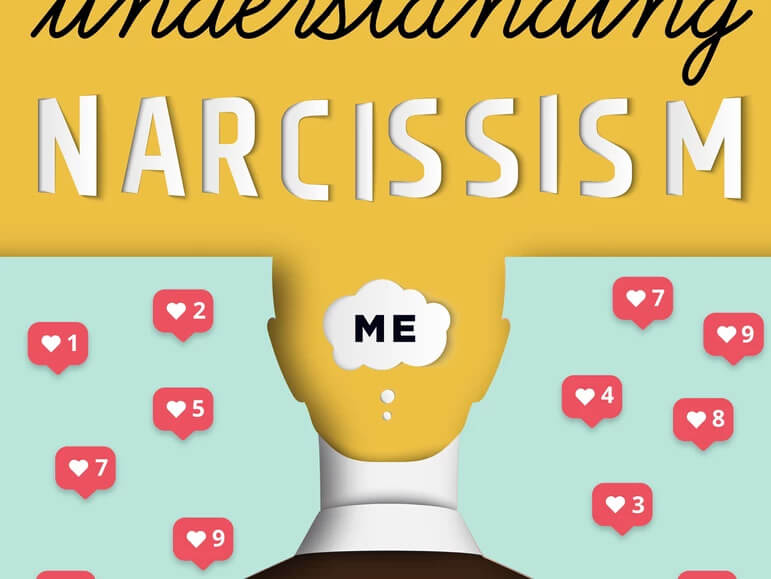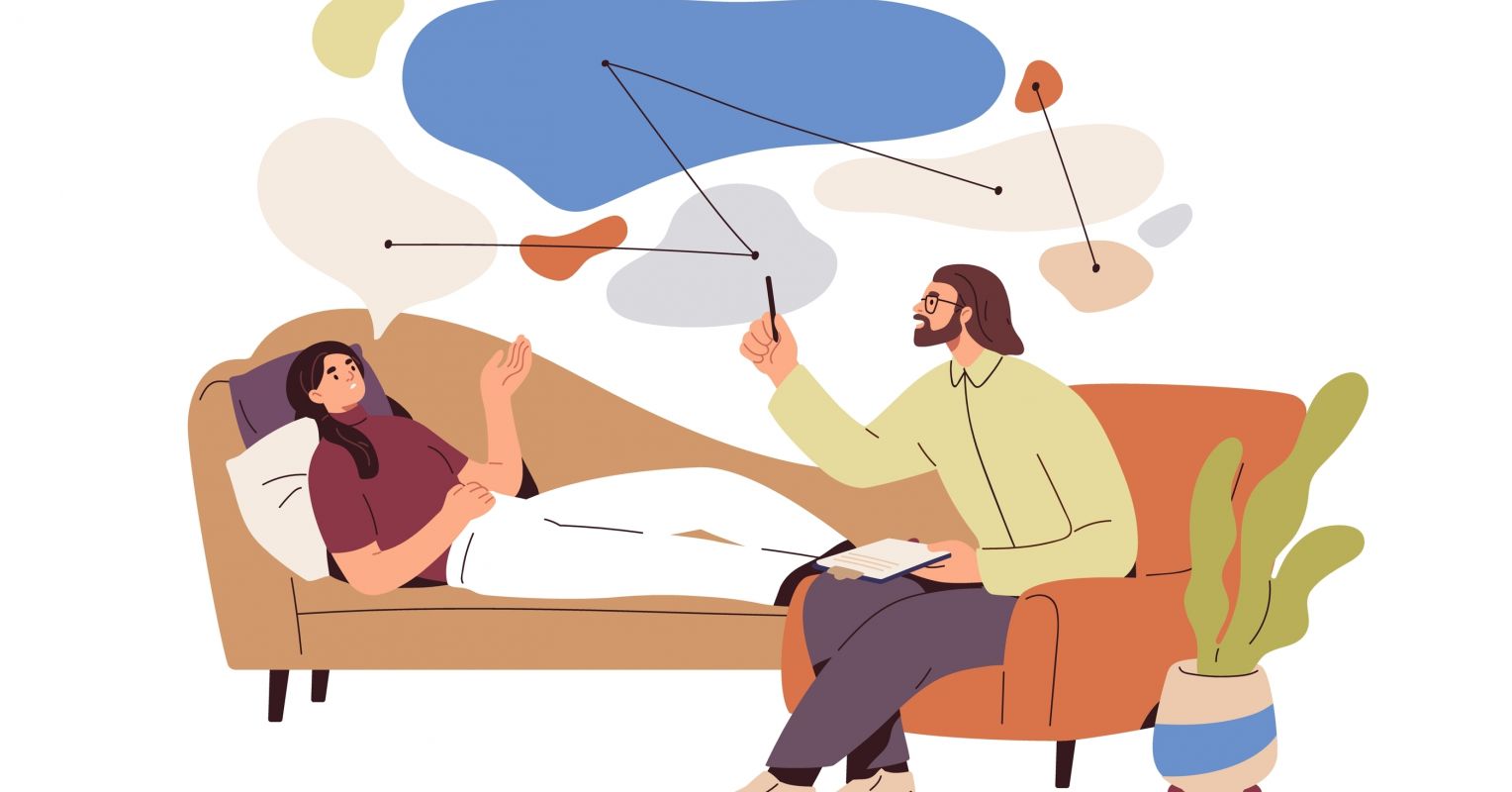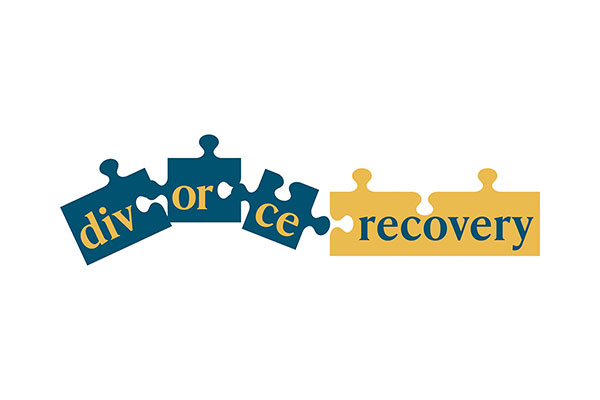Narcissism and Narcissistic Personality Disorder (NPD) are among the most complex and difficult mental health issues individuals and couples face. But what exactly is narcissism, and how does someone become “narcissistic”?
Freud coined the term after the Greek myth of Narcissus, a young man who fell in love with his own reflection and wasted away, unable to connect with anything beyond his idealized image. Similarly, people who struggle with narcissism often have early childhoods shaped by one of several key dynamics:
-
Material overindulgence paired with emotional neglect—or emotional neglect alone
-
Shame-based parenting
-
Being used by a parent to uphold the parent’s self-esteem
Some parents exploit their child’s talents or accomplishments to bolster their own image, making the child a “narcissistic extension” of the caregiver. Many clients report growing up in an environment of constant evaluation, where performance, appearance, or status were emphasized over emotional attunement.
Researchers and clinicians (including Nancy McWilliams) have identified three recurring childhood experiencesChildhood Experiences refer to the significant events and relationships from a client’s early life… that contribute to pathological narcissism in adulthood: the shamed child, the spoiled child, and the special child. These individuals often didn’t feel fully seen, valued, or respected as whole and separate people. They were either inflated unrealistically or emotionally deprived—sometimes both.
Diagnostic Criteria
According to the DSM-5, NPD is defined by a pervasive pattern of grandiosity (in behavior or fantasy), need for admiration, and lack of empathyEmpathy is the ability to understand and share the feelings of another person. In psychodynamic ther…. It includes at least five of the following traits:
-
Grandiose sense of self-importance
-
Preoccupation with fantasies of unlimited success, power, brilliance, beauty, or ideal love
-
Belief in being “special” and only understood by similarly high-status people
-
Excessive need for admiration
-
Sense of entitlement
-
Interpersonally exploitative behavior
-
Lack of empathy
-
Envy of others or belief that others envy them
-
Arrogant or haughty behavior
At its core, NPD involves maintaining self-esteem by relying on affirmation from external sources. In childhood, these individuals abandoned the development of their true self and instead constructed a false, idealized version of who they “should” be in order to feel worthy. That real self—the one needing love, reflection, and care—never got the attention it deserved. In response, the child learned to survive by performing.
This adaptation often leads to a lifelong pattern of seeking praise, admiration, or attention to maintain a fragile sense of self. Psychoanalysts refer to this as “collecting self-objects”—internalizing affirming experiences or relationships to stabilize an insecure identity.
As a result, people with NPD struggle to engage in genuine, reciprocal relationships. Others may feel used, like they exist to mirror back admiration. The narcissistic person may appear confident on the outside, but inside they often feel fraudulent and loveless. They swing between shame and grandiosity, envy and contempt.
The unspoken belief: “If I feel deficient and you appear to have what I lack, I may need to destroy or devalue you to protect my self-imageSelf-Image refers to the way individuals perceive themselves, including their attributes, values, an….”
Defenses and Developmental Roots
People with narcissistic patterns often defend against shame through idealization and devaluation. They split the world into two categories—flawless or worthless. Ranking, comparing, and seeking “the best” becomes a daily process: the best school, the most prestigious job, the perfect partner.
Dependence, too, is seen as weakness. Their early caregivers may have disappointed them, so vulnerabilityVulnerability refers to the willingness to expose one’s feelings, thoughts, and experiences in a g… and intimacy feel dangerous. They fear needing anyone again. Many learn to rationalize their behavior, deny wrongdoing, and avoid responsibility—all in service of preserving the ideal self. Even sincere apologies are rare, as admitting fault feels like annihilation of the self.
Lying, to both self and others, can become a survival mechanism—a way to bridge the painful gap between the not-good-enough real self and the idealized one.
Two Subtypes: Grandiose and Vulnerable
There are two main subtypes of NPD:
-
Grandiose Narcissism: Bold, shameless, extroverted, and overtly superior. These individuals display low levels of anxiety or depression and high levels of entitlement. They are often charismatic and larger-than-life but can leave others feeling invisible or devalued.
-
Vulnerable Narcissism (sometimes called covert or hypersensitive): These individuals carry the same sense of specialness and superiority but are highly sensitive to criticism and rejection. They often feel secretly entitled and angry about being unrecognized or misunderstood. They may avoid attention while quietly resenting those who receive it. High anxiety, depression, and emotional reactivity are common.
Both subtypes share core features of low empathy, a fragile self-image, and a deep drive to compensate for feelings of inadequacy. But they present very differently in relationships and the world.
NPD in Relationships
In romantic relationships, people with NPD typically seek partners who can either reflect their idealized self or serve their ego needs. At first, they may idealize their partner—showering them with praise, charm, and intensity. But this often flips into devaluation, especially when the partner reveals their imperfections or expresses independent needs.
What the narcissistic person cannot tolerate in themselves is often projected into their partner—who then becomes the target of ridicule, blame, or scorn.
Partners of individuals with NPD often report losing their sense of identity. Their needs, feelings, and boundariesBoundaries in group therapy are the limits established to maintain a safe and respectful environment… are not respected. Over time, they may internalize the projections of the NPD partner and begin to question their own reality. Gaslighting, emotional withdrawal, and a lack of empathy are common.
A telling line: “If you’re in a relationship with someone with NPD long enough, you may start to feel how they felt as a child—unseen, invalidated, and constantly performing to maintain connection.”
Even in professional settings, people with NPD often approach relationships transactionally—seeing others as obstacles or tools in their pursuit of validationValidation in CBT involves recognizing and acknowledging one’s feelings or thoughts without judgme…. Coworkers may experience the same cycle of idealization, exploitation, and devaluation.
Can Therapy Help?
Yes—but it takes time, and the path is not easy.
People with NPD rarely seek treatment voluntarily. If they do, it’s often due to an external crisis, a relationship ending, or a desire to further perfect the self. Others come to therapy at the urging of a partner—or even in secret, fearing the rage of their narcissistic loved one.
Therapy for NPD involves helping clients develop insightInsight refers to the understanding and awareness clients gain about their thoughts, feelings, and b… into their defenses, tolerate imperfections, experience authentic emotions without shame, and build more mutual relationships. Progress can be slow, but it is absolutely possible.
It’s a major breakthrough when someone with narcissistic defenses begins to:
-
Identify self-defeating patterns
-
Express vulnerability
-
Develop empathy for others
-
Accept themselves as “good enough”
-
Value authenticity over performance
There is real hope. At Keil Psych Group, we’ve helped many individuals confront and transform these patterns—and the change can be profound.
A Final Note
Narcissism exists on a continuum. Having pride in your accomplishments, confidence, or healthy ambition doesn’t mean you have NPD. In fact, some narcissistic traits—when not rigid or excessive—can be protective and adaptive.
NPD only becomes a clinical diagnosis when these patterns cause significant distress or impair important areas of functioning.
It’s also important not to weaponize this term. Calling someone “a narcissist” to dismiss them often oversimplifies a very complex set of experiences. Behind narcissistic defenses is usually profound suffering, shaped by early relational wounds.
If someone in your life is struggling with narcissistic traits, don’t rush to condemn. Support them in seeking help. Offer compassion—but protect your boundaries, too.
Recommended Resources:
-
The New Science of Narcissism by Dr. Keith Campbell
-
Psychoanalytic Diagnosis by Nancy McWilliams
-
Traumatic Narcissism by Daniel Shaw
-
Keith Campbell also appeared on a recent episode of the Joe Rogan podcast discussing this topic.
If you or someone you love is affected by these issues, please don’t hesitate to reach out. We’re here to help.
Keil Psych Group
📞 714-334-5497
📧 [email protected]





